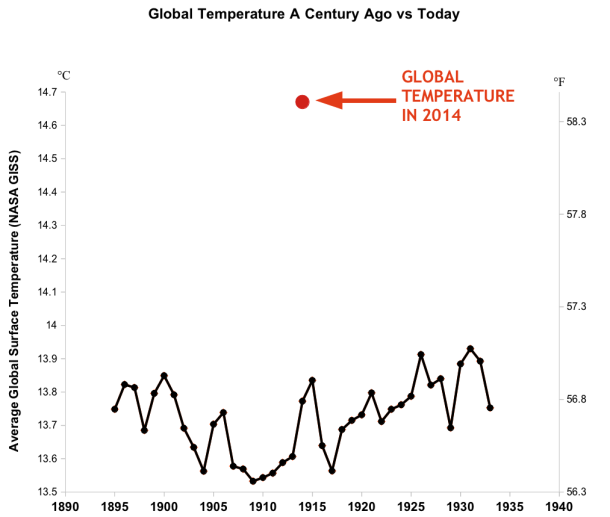Just before Christmas, I found in a remainder store a book by Australian director Bruce Beresford "Josh Hartnett DEFINITELY wants to do this.." [Subtitle - True Stories From A Life in the Screen Trade.]
Published in 2007, it's simply his diary notes from 2003 to 2005, when he seemed to be caught in a period of "development hell" on several projects. Ironically, the only movie he actually directs in this period is one which went
straight to DVD in the US, despite its big name stars (John Cusack and Morgan
Freeman). (He really did not want to do it at all, but it's the one he
ends up committed to.)
I have a vague recollection of reading some reviews of the book at the time it came out, but I'm glad I stumble across it. It's a really fascinating, amusing, almost disturbing, insight into this bizarre business.
You have to wonder how anything good ever manages to get out of such a horrendous system, which really does seems extraordinarily full of chronic liars, exaggerators, the intensely libidinous, vanity filled stars, and producers who delegate artistic decision making to mere college graduates. About the only thing he doesn't seem to mention is recreational drug taking in the industry - perhaps that really is a bit 1970's - 80's now.
I'm not all that fussed with Beresford's own output, which ranges wildly in style ("Adventures of Barry Mackenzie", "Puberty Blues" - yuck - "Breaker Morant" - pretty good - "Tender Mercies" - haven't seen it, and "Driving Miss Daisy" - way over-rated - to name a few) but he's had such a long career on all continents that his extremely frank comments on the industry sound very convincing. He also, surprisingly, is apparently regarded by some as right wing. (Well, he certainly is a long term friend of conservative-ish Barry Humphries, but it seems clear he is left sympathetic, just not as invested in it as many on the Left in the arts are. He is also sensible and dismissive of those on the Left who do things like semi defend the Castro - or worse - communist regimes.)
Amongst other snippets from the book:
* an American producer asked him to change the name "Singapore" in war drama Paradise Road because it "sounded silly."
* Harrison Ford did not say a word to him - just a few grunts - during a lunchtime meeting. (I had heard that one before.)
* Makes the observation that a director barely has to know what he is doing, but if the technicians around him do, a film will still be made.
* Directors have to have a medical examination - often a few - to satisfy the insurers before they are hired for a movie these days.
* Recently retired Australian movie critic Evan Williams had 3 (or 4?) daughters who all got caught up in an Indian cult.
Perhaps the thing best illustrated by the book is the line by famous screenwriter William Goldman that in Hollywood "nobody knows anything." I mean, Beresford himself admits he's made totally wrong calls on movies which turned out to be smash hits. He also spends a lot of effort during the period of the diaries trying to get made his own adaptation of a historical Australian novel I certainly have never heard about and which ends with the central character going insane. Don't see much box office potential in that, myself...
On the other hand, a lot of what he says does strike a cord of common sense.
What he doesn't address is the one thing I still puzzle about - how the move to digital technology in both filming and projection has (apparently) completely failed to made movie making a cheaper, quicker, more economical business.
It's clear that anyone who manages to get their screenplay made into a film with significant exposure to the market is extraordinarily lucky. Which, like the hundreds of budding actors each year who never get beyond being wait-persons in LA restaurants, is a little depressing.
Still, a surprising enjoyable read.





